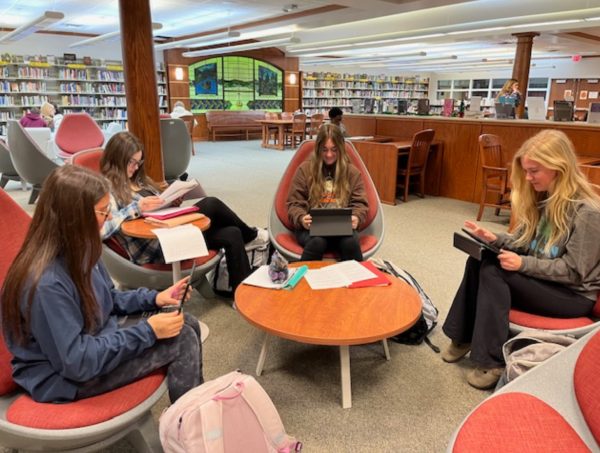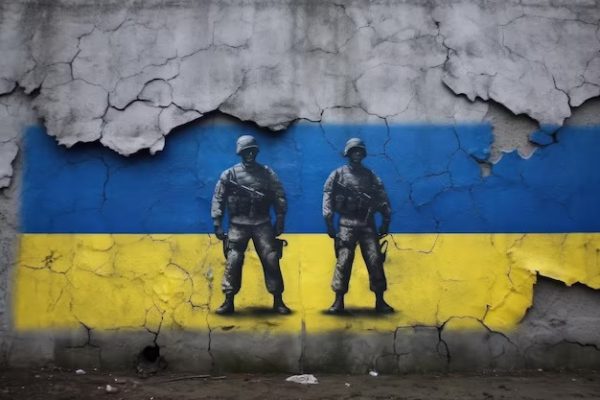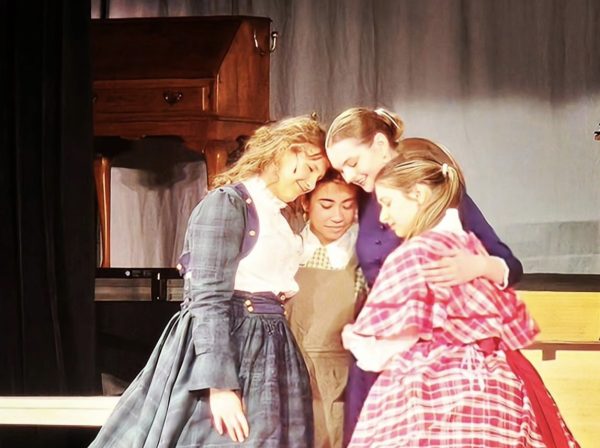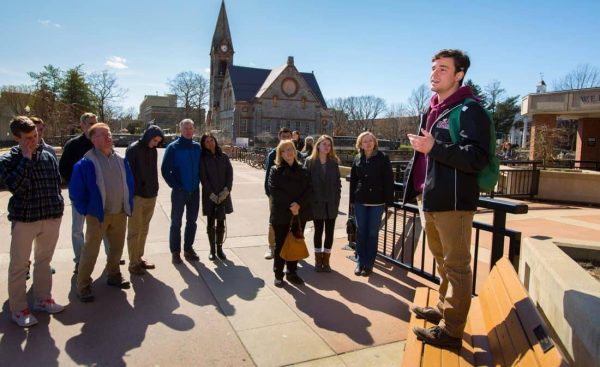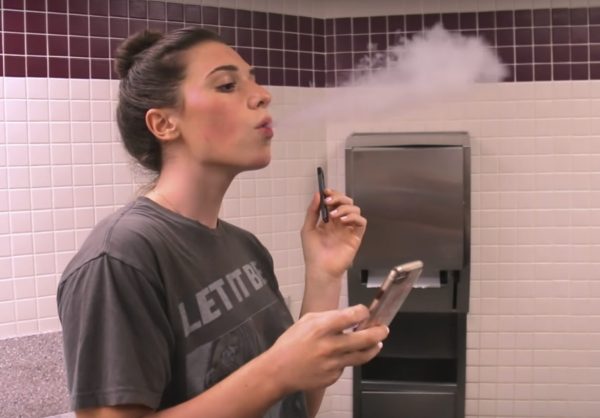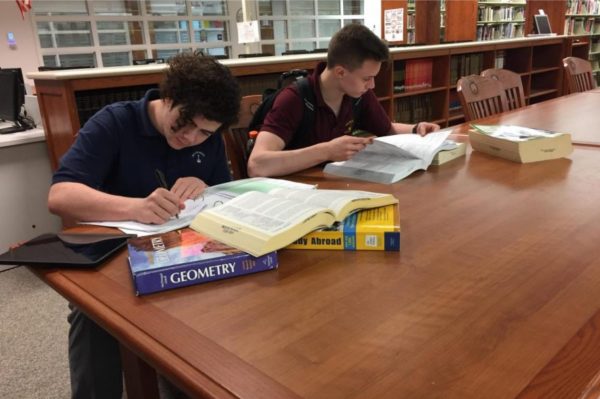Catalonia’s fight for independence
WJ’s Spanish exchange students speak up about the controversy
“They are trying to quiet us down, but they won’t. They cannot pretend to quiet us down by hitting us or by putting our legitimate government, the government that all Catalans voted for, in prison.”
So stated Laia Serrano, a Catalan exchange student who spent a couple weeks at WJ in September. She and other young people in Barcelona expressed passionate opinions regarding the Catalan independence movement.
Madrid currently directly governs the region, and a Spanish judge issued an international arrest warrant for Catalan President Carles Puigdemont the day after eight other members of the Catalan government were incarcerated. This stems from an illegal independence referendum voted on by Catalan citizens on October 1.
I think we will have to go through some years of transition…but we will finally have a healthier, diverse, and independent country.
— Laia Serrano
The resulting votes favored Catalan independence by 90%, yet turnout was only 50%. Spanish teacher Mrs. Christy Ziemianski commented, “I don’t think that any [polls] thus far have been able to capture the voice of all Catalan citizens.”
Catalonia, a large region of northeastern Spain, has been proposing independence for the last seven years and always receives the same answer from Madrid: no. The Spanish government claims only a minority of Catalans want independence, yet they refuse to allow the citizens to vote to definitely decide on the issue. Therefore, the independence referendum proceeded in secret.
Isaac Fandos-Masclans is a senior at Collegi Casp in Barcelona who also spent time at WJ in September. He stated, “People from both ideological sides needed to express themselves, and the Spanish government forbid [sic] them; they violated a human right. Whether people want to vote or not, as democrats we should allow people to choose even if it doesn’t favor the government.”

Catalonia is divided by people who want to secede and those who don’t. Catalonia accounts for 19% of Spain’s GDP, meaning secession would cost Spain close to one-fifth of its economic output. With this said, those fighting for independence argue that their wealthy region props up the poorer areas of Spain. Catalans believe that their relationship with Spain is an unequal partnership, with themselves pulling most of the weight.
Although many hold distinct opinions regarding the referendum, some Catalan citizens are indifferent, seeing both the advantages and drawbacks. Isaac is one of them. He observed, “Being independent would favor Catalan economy as we are one of the regions that produces and provides more money for the Spanish government. However, I feel that if Catalonia would be independent, we would have a very bad relationship with our neighbor country, Spain.”
Culturally speaking, Catalonia is its “own nation” with a unique language, architecture, history, and lifestyle. Laia Serrano noted, “Catalans have always been different from the Spanish people, and I don’t say it as a good or bad thing, just as a fact.” Catalans worry that the Spanish government does not recognize or respect their culture and fear it will be forgotten if they remain a part of Spain.
Rafa Amian, a Madrid resident and current exchange student, believes Catalonia should stay a part of Spain. He mentioned that “it would cause a lot of trouble if Catalonia became independent.” Although Catalonia could potentially thrive on its own, conflict could arise from the split with Spain. Rafa believes the issue has been complicated by misinformation spread in Catalonia, while former exchange student Palli Pages says “the media is lying and manipulating” the truth to an international audience.
Despite the sometimes angry war of words, Laia thinks independence is worth the troubles that will come with it. “I think we will have to go through some years of transition that will be very tough,” she admitted. “We will have to do a lot of economical and social efforts, but we will finally have a healthier, diverse, and independent country.”
Despite the disturbing incarceration of the Catalan leaders, the citizens are not giving up the fight.


